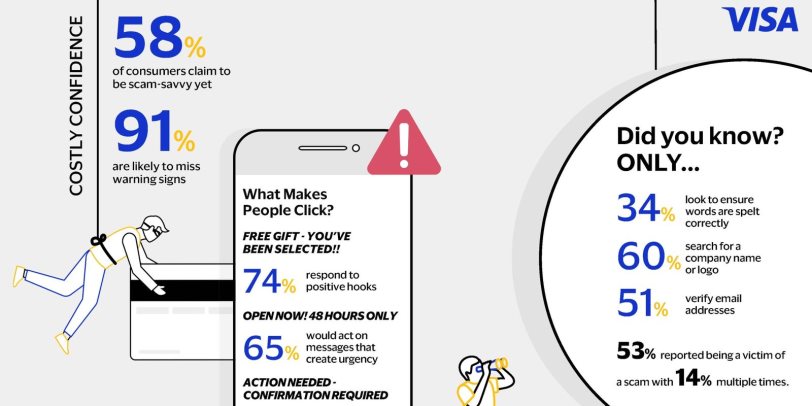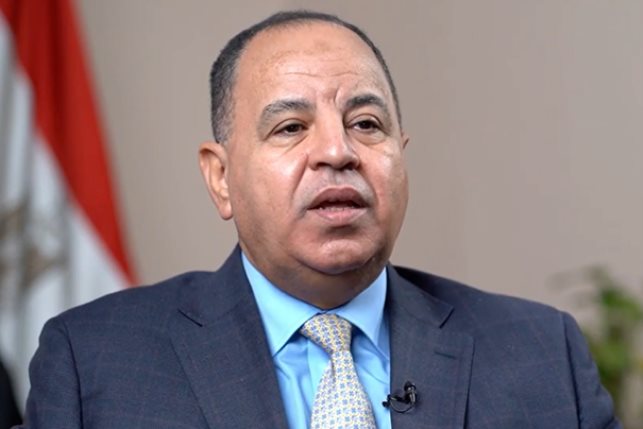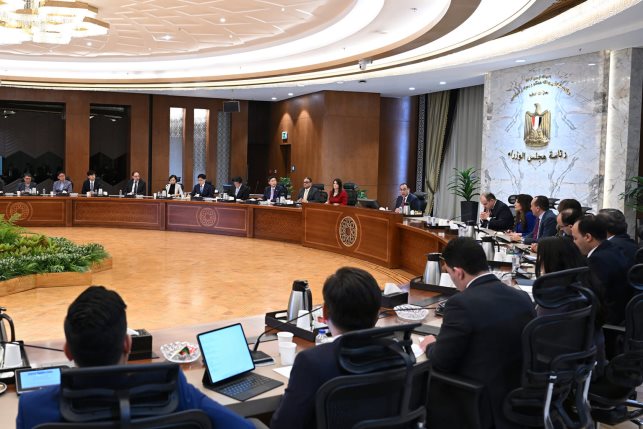Visa study reveals 91% of Egyptians ignore scam warning signs due to overconfidence
Despite 58% of Egyptian respondents considering themselves savvy enough to avoid online and phone scams, slightly above the global average of 56%, a staggering 91% are likely to ignore warning signs of online criminal activity

Egyptians have become more vulnerable to various forms of fraud due to overconfidence, revealed a new study by Visa, underscoring the urgent need for greater awareness and vigilance in the face of evolving scams in Egypt's rapidly growing digital landscape.
Despite 58% of Egyptian respondents considering themselves savvy enough to avoid online and phone scams, slightly above the global average of 56%, a staggering 91% are likely to ignore warning signs of online criminal activity.
Egyptians are particularly vulnerable to scams, with 53% having fallen victim at least once, compared to the global average of 52%, with 14% of victims reporting being deceived multiple times.
.jpeg)
Visa’s Stay Secure study was conducted across Central and Eastern Europe, the Middle East, and Africa (CEMEA).
“With the rapid growth in digital payments, it is essential now more than ever that consumers in Egypt understand the language of fraud and act with a high level of caution,” explained Leila Serhan, Senior Vice President and Group Country Manager for North Africa, Levant and Pakistan (NALP), Visa.
A significant contradiction highlighted by the study was that Egyptians viewed themselves as knowledgeable enough to distinguish and avoid scams which has created an overconfident attitude that increases the chances of them falling prey to scams.
According to Visa, Egyptians responded most to positive news responses (74% to 75% for Egypt vs. global 74% to 67%) and urgent action responses (69% to 60% for Egypt vs. global 65% to 55%).
The Stay Secure study revealed that cybercriminals often manipulate urgency, with 41% of Egyptians falling for security risk messages compared to 40% globally, and 36% being deceived by government or law enforcement notices vs. 36% globally. Positive news triggers action for 74%, compared to 71% globally, while financial opportunities garner 41% of responses vs. 44% globally.
Spotting the Signs
The Visa Stay Secure Study underscores the importance of education and awareness to combat scams. According to the study, consumers can safeguard themselves with a few simple best practices:
- Safeguard personal account information
- Verify links before clicking
- Monitor purchase alerts for real-time notifications
- Contact corporate websites or the numbers on credit and debit cards to validate communications





